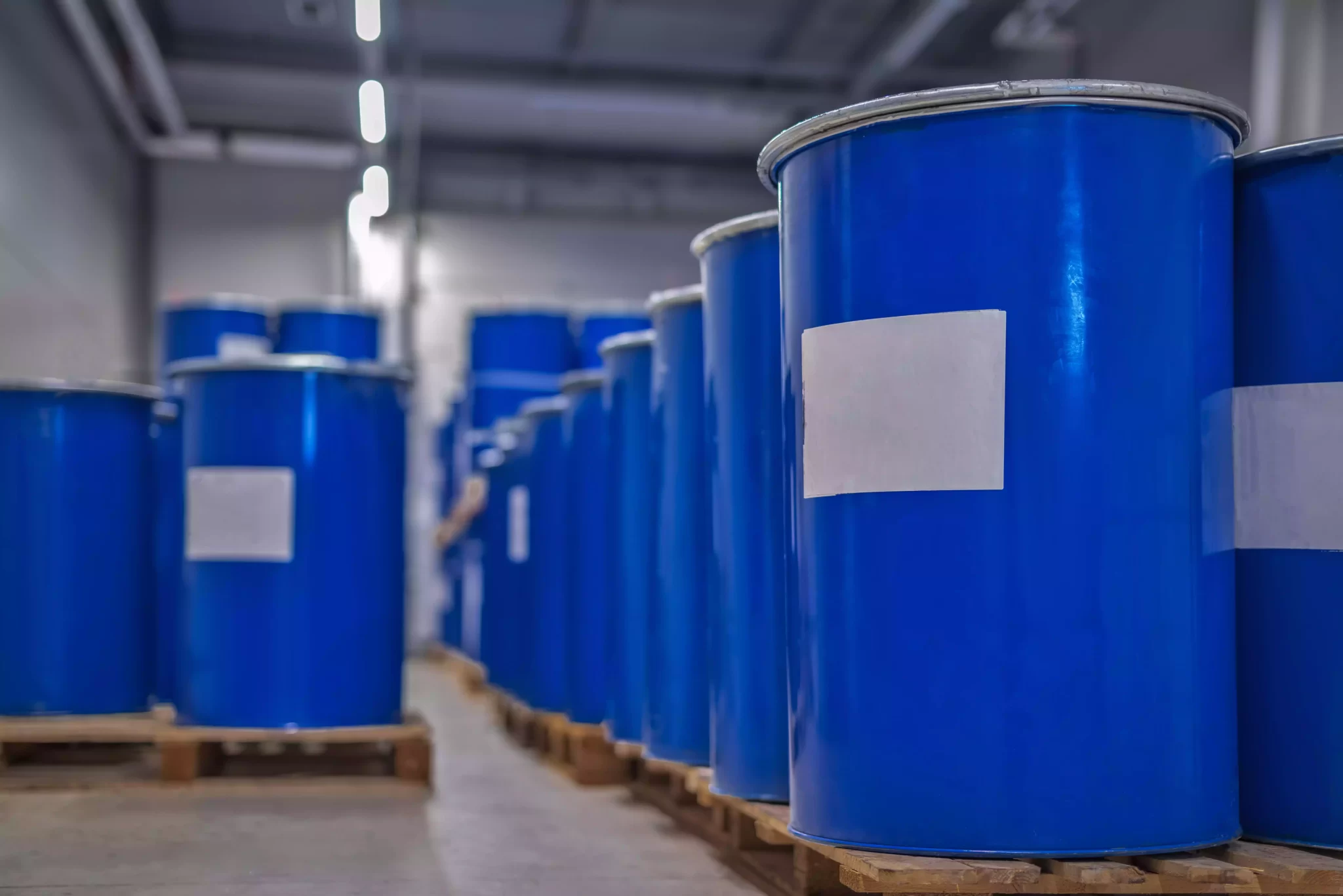In the world of pest management, finding effective and environmentally responsible solutions is a continuous endeavor. Alternative methods are becoming more and more popular as worries about the effects of conventional pesticides on both human health and the environment grow. The use of Copper Sulfate Liquid is one such option that has gained attention. In this blog, we’ll examine the different functions and roles that Copper Sulfate Liquid performs in pest control and other areas, emphasizing how crucial these functions are for protecting our environment. We take pride in being at the center of providing modern solutions to environmentally friendly pest control here at Innoveda Chemicals, and we’re eager to share the versatility of Copper Sulfate Liquid with you.
Understanding Copper Sulfate Liquid:
Copper Sulfate, also known as Cupric Sulfate, is a versatile chemical compound with a range of applications across various industries. It is primarily composed of copper and sulfur, and its liquid form provides ease of application and enhanced effectiveness. When used in pest management, Copper Sulfate Liquid acts as an efficient alternative to traditional chemical pesticides, offering several unique benefits.
Role in Pest Management:
1. Potent Fungicidal Properties: Copper Sulfate Liquid is well known for its effective fungicidal properties. It prevents fungal growth and reproduction by interfering with their cellular structure. To protect crops from fungal diseases, this trait is especially beneficial, which minimizes the need for the overuse of pesticides.
2. Algaecide: In addition to its effects on fungi, Copper Sulfate Liquid is a potent algaecide. By using it, water bodies like ponds and reservoirs may effectively reduce the growth of algae, enhancing water quality and avoiding dangerous algal blooms.
3. Natural Pest Repellent: Copper Sulfate Liquid acts as a natural pest repellent. It may prevent insects from feeding on crops by being present on plant surfaces. This reduces the need for stronger chemical pesticides, which benefits an ecosystem’s health.
4. Soil treatment: Adding Copper Sulfate Liquid to soil treatment plans can help prevent soil-borne diseases that are harmful to plants. The liquid improves plant health and total yield by generating an environment that is resistant to these infections.
Beyond Pest Management: Environmental Applications:
1. Aquatic Ecosystems: Water ecosystem maintenance makes significant use of copper sulfate liquid. It helps in limiting the expansion of unwanted aquatic plants that have a chance to disturb the balance of underwater habitats.
2. Animal husbandry: Copper sulfate liquid is used to treat fungus infections in farm animals and promote sound heel development in livestock. This shows its flexibility outside of uses in plants.
3. Wastewater Treatment: Copper sulfate liquid is essential to the methods used to clean wastewater. By using it, wastewater can be cleaned and made safer for the environment by helping to remove algae and other harmful organisms.
Our Commitment at Innoveda Chemicals:
We’re dedicated to providing sustainable and innovative solutions for pest management and environmental preservation. Our Copper Sulfate Liquid is made with extreme care to ensure quality and performance, giving our clients a solution they can trust on.
We understand the importance of safeguarding the environment while effectively managing pests that can harm our crops, ecosystems, and communities. By providing a safe and natural method of pest control, Copper Sulfate Liquid perfectly complements this objective.
Environmental Benefits of Copper Sulfate Liquid:
Copper Sulfate Liquid not only offers advantages in pest management but also presents a range of environmental benefits. One key advantage is its relatively lower toxicity compared to many traditional chemical pesticides. This reduced toxicity ensures that its application has a minimal impact on non-target organisms, such as beneficial insects and wildlife. Additionally, the biodegradable nature of copper and sulfur compounds means that they break down over time, reducing the potential for long-term soil and water contamination. By choosing Copper Sulfate Liquid as part of your pest management strategy, you’re contributing to a more sustainable and ecologically balanced environment.
Application Methods and Best Practices:
To get the most advantages and reduce any possible hazards, Copper Sulfate Liquid must be applied properly. Certain application techniques, such as aerial spraying, soil soaking, or seed treatment, may be necessary for different crops and circumstances. It’s critical to adhere to suggested dosage rates and standards to prevent overapplication, which may have unfavorable effects. You may achieve the best results in pest management while still being environmentally responsible by implementing best practices.
Integrating Copper Sulfate Liquid into Integrated Pest Management (IPM):
Integrated Pest Management (IPM) with Copper Sulfate Liquid
IPM, or integrated pest management, is a comprehensive strategy that combines many approaches to efficiently manage pests while reducing negative impacts on the environment. You may lessen your reliance on conventional chemical pesticides and improve the balance and sustainability of the environment by utilizing Copper Sulfate Liquid as part of an IPM approach.
Conclusion:
In summary, the diverse roles of Copper Sulfate Liquid in pest management and beyond highlight its significance as an adaptable and responsible solution. From its fungicidal properties to its applications in various sectors, Copper Sulfate Liquid offers a range of benefits that contribute to a healthier environment. By understanding its applications, employing best practices, addressing concerns, and integrating it into holistic pest management approaches, we can harness its potential for a more sustainable future. At Innoveda Chemicals, we’re proud to be part of this journey, providing you with innovative solutions that prioritize both effective pest management and environmental well-being.




